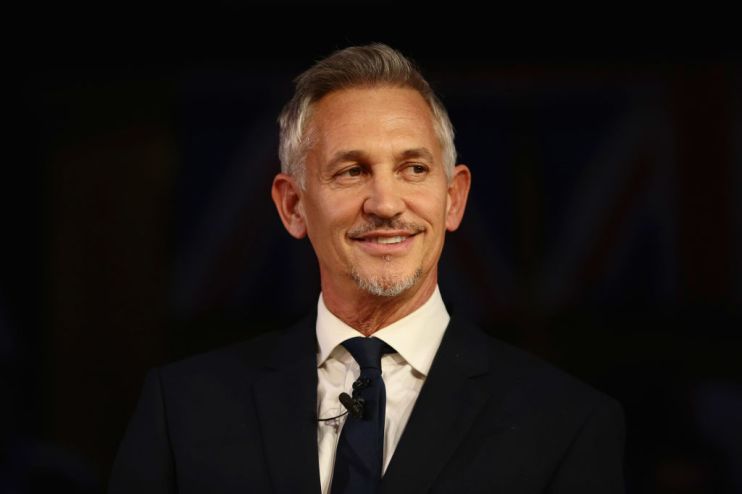Gary Lineker takes 25 per cent pay cut as BBC promises reform

Gary Lineker will take a 23 per cent pay cut as part of a fresh five-year deal to continue hosting Match of the Day.
New figures published today showed the former England footballer remains the BBC’s best paid star, pulling in a salary of £1.75m.
But the new contract, which will keep Lineker at the broadcaster until 2025, will see his pay knocked down to roughly £1.3m.
The pay trim will take the Match of the Day to a similar salary as Radio 2 breakfast show DJ Zoe Ball, who took home £1.36m last year.
Other highly paid stars include Fiona Bruce, who saw her pay increase to £450,000 after taking over as Question Time host, and Newsnight presenter Emily Maitlis.
It came as the BBC’s annual report reiterated the string of challenges faced by the corporation under its new director general Tim Davie.
The public service broadcaster secured a record 4.8bn requests to stream programmes on iPlayer in the last year, boosted by the success of hit shows such as Normal People and Killing Eve.
But it admitted it was still lagging behind deep-pocketed streaming rivals such as Netflix and Amazon Prime.
“Netflix is often seen to be the market leader by younger audience members,” the corporation said.
“iPlayer is generally valued, but it is usually used to find something they already know about rather than as a destination.”
The BBC also acknowledged its need to reform in the face of declining audience numbers and pressure over the licence fee funding model.
The corporation acknowledged it had to do “much more to modernise and reform further and faster” in the face of these challenges and further financial strain caused by the coronavirus crisis.
Julian Knight, chair of the DCMS select committee, said: “Despite Gary Lineker’s pay cut, when millions of pensioners are having to find extra cash to pay for the BBC and services they depend on, it’s concerning to see not only has the bill for on-air talent has grown by more than £1m but that more than 100 senior executives are paid over £150,000 a year — in many cases considerably more than that.
“We will continue to press the BBC on how well the licence fee payer is served as part of our ongoing inquiry into the role of public service broadcasting in this digital age.”